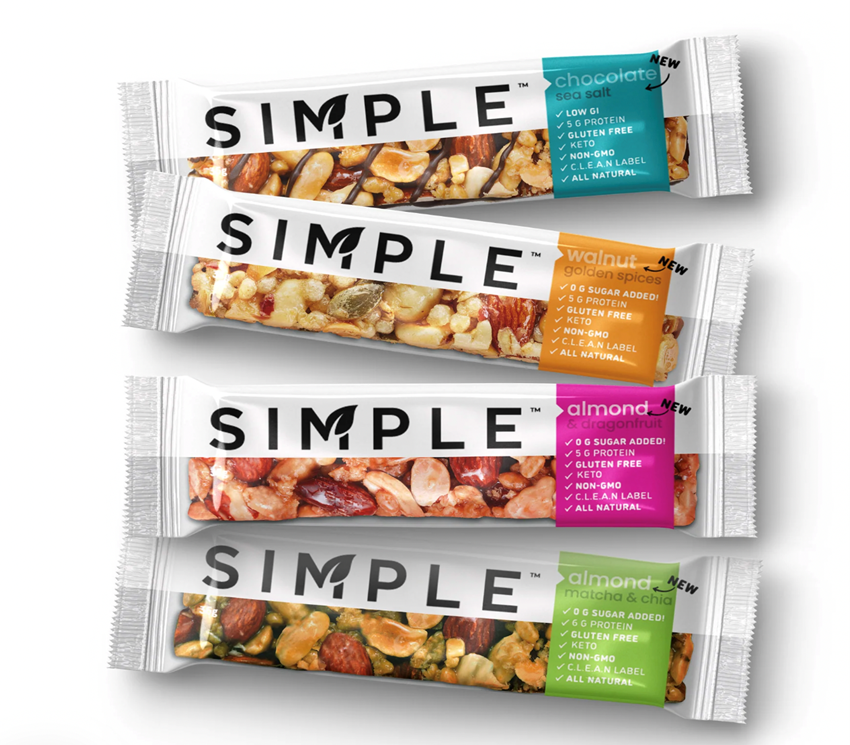Back to school is getting closer and closer, and so is your new job start date. At the very beginning, we always have the image of ourselves working hard and being productive, but sometimes some factors could make us procrastinate–stress, obstacles, or simply burnout. Although the reasons are different, there are ways in general we can improve our brain work performance, and one of them is by creating a targeted diet strategy.
1.🥯Breakfast: DO NOT SKIP IT‼️
Yes, I know you probably want to sleep in for a few more minutes. But starting your day with a balanced breakfast is crucial for setting the tone for the rest of your day. Research has shown that regular breakfast helps keep away from diabetes, heart disease, and obesity. By having breakfast before starting your work, you will feel less hungry throughout the day, which helps you make better decisions.
A high-protein breakfast can keep you feeling full longer and provide sustained energy, helping you to stay focused and alert during morning classes or meetings. Opt for foods like eggs, Greek yogurt, or a smoothie packed with protein powder and superfoods like chia seeds or spinach. Avoid sugary cereals or pastries, which can lead to an energy crash before lunch.
2. 🥙Lunch: be smart with nutrition facts, and don’t rush it
Lunch is an opportunity to refuel and recharge, so it’s important to make good use of your lunch break and choose foods that will keep your energy levels stable. A balanced lunch should include lean proteins like grilled chicken or tofu, complex carbs like quinoa or whole grains, and plenty of vegetables. These foods provide the nutrients your brain needs to function optimally and prevent the afternoon slump. So stop by salad bars nearby! But make sure you read the nutrition facts of the dressings–they can contain more added sugar and fat than you can imagine and ruin your perfect plan!
Take your time eating, and try to step away from your desk or workspace to fully enjoy your meal—mindful eating can help you digest better and feel more satisfied. Studies from the CDC suggested we should take 20 minutes for lunches. Food is not only the fuel but also an enjoyment of our day. So take your time working on your lunch–nothing should make you sacrifice your lunch break.


